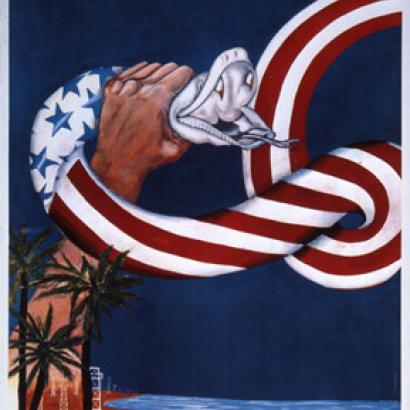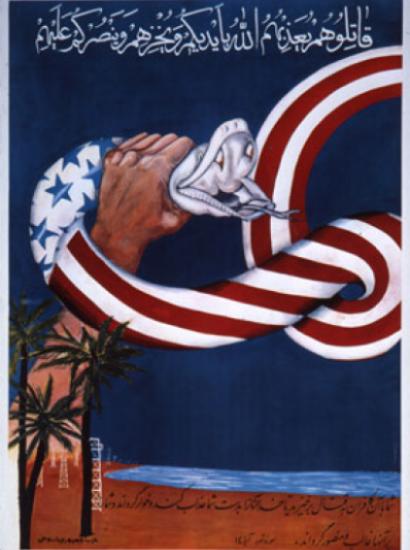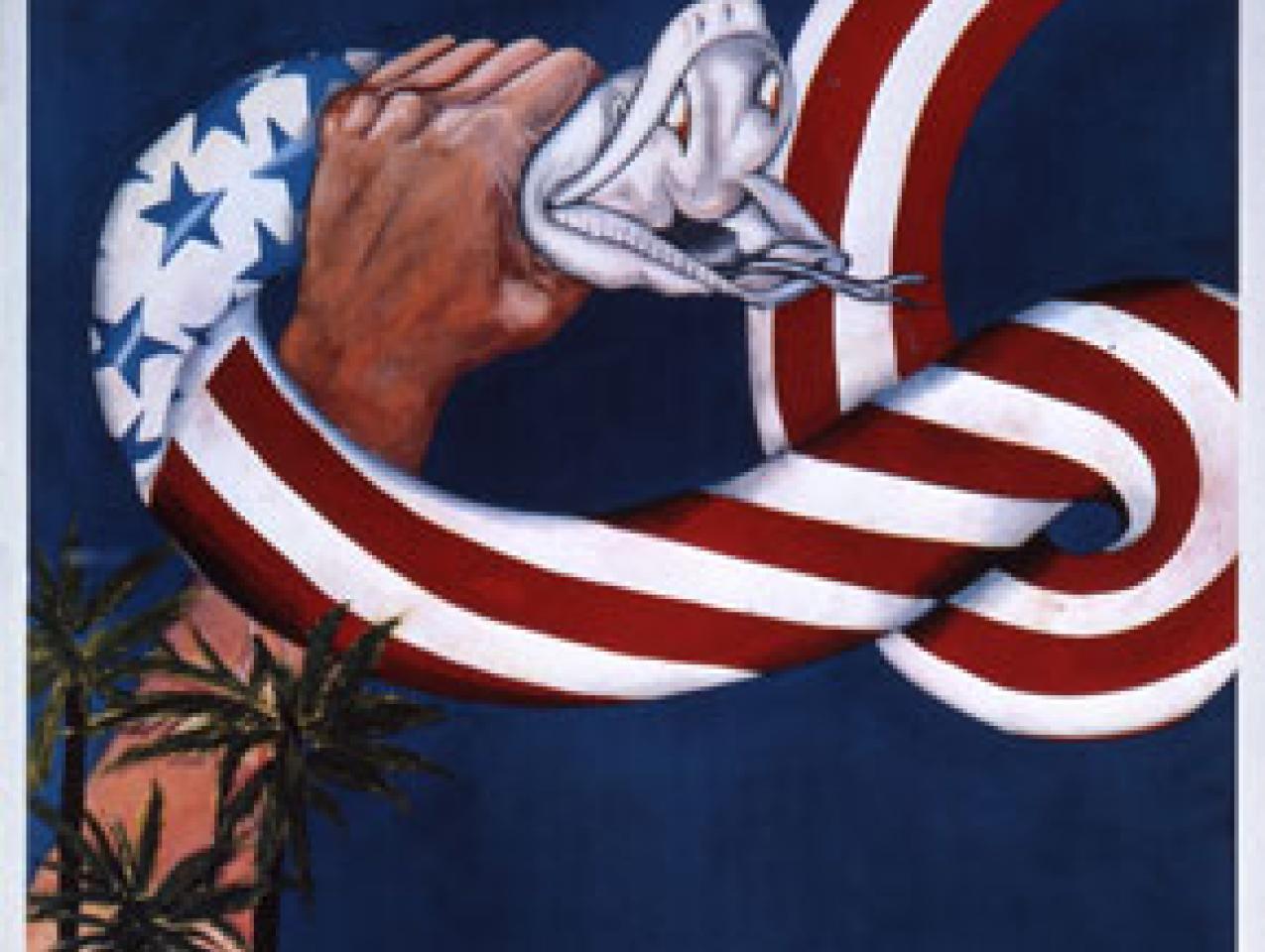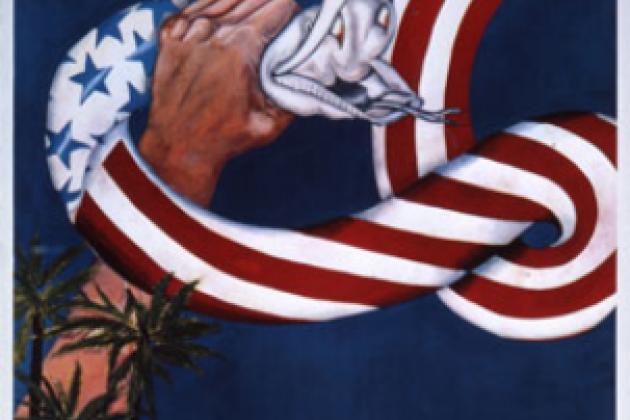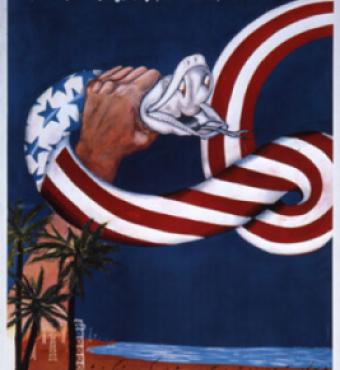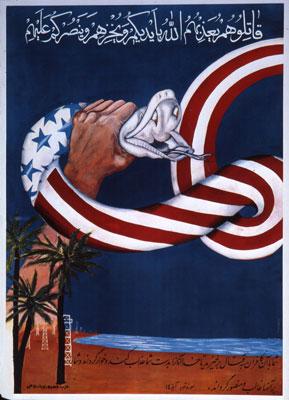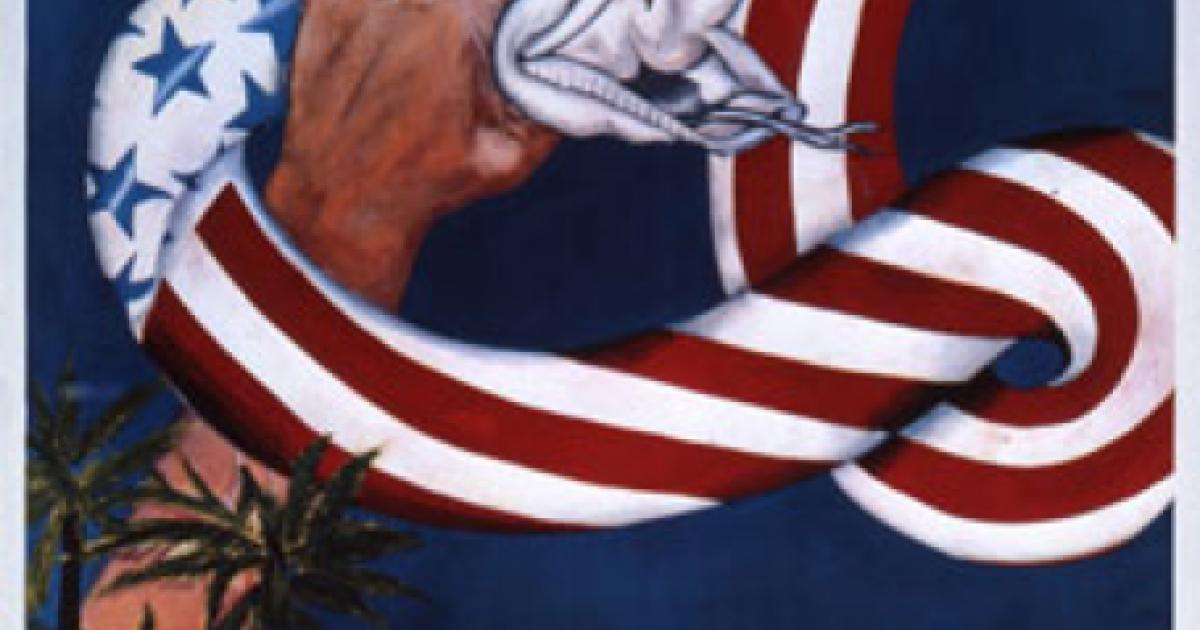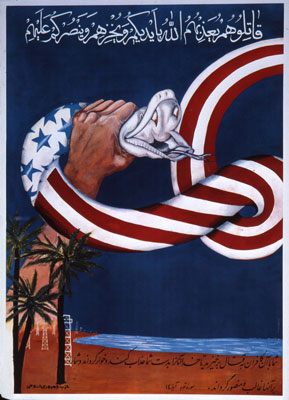
During the arduous campaign that eventually led to the fall of Quebec and French Canada in 1759, the British commander, James Wolfe, commented that “war is an option of difficulties.” So too might we characterize the strategic choices that confront statesmen in the international arena. The problems raised by the Iranian efforts to acquire nuclear weapons raise daunting and conflicting issues and possibilities, few of them positive.
Iran has hardly displayed anything resembling an acceptance of the present order in the Middle East. Its operatives have engaged in consistent efforts through the use of terrorism and covert operations to undermine regimes throughout the area, while its obdurate, fanatical stance against the existence of Israel represents an existential threat to that state, especially should Khomeini’s successors acquire nuclear weapons. Moreover, acquisition of nuclear weapons by Iran represents a greater threat than North Korea’s possession of those weapons, because the legacy of the past for the latter carries with it the memory of what the United States is capable when pushed too far.
And so, what to do with the threat raised by the potential of Iranian possession of nuclear weapons? The obvious road is the one on which the United States has already embarked: namely sanctions and continued negotiations to ‘persuade’ the Iranians to abandon their pursuit of nuclear weapons. The second and equally obvious one is to launch a series of complex and difficult raids to take out the nuclear facilities on which the Iranian nuclear weapons program depends. The first route, however, has a dismal record of success. The Abyssinian crisis of the 1930s underlines the dangers that sanctions have in achieving policy goals. In 1935 Mussolini launched his Fascist legions against the tribal levies of Abyssinia (modern day Ethiopia); like Italy, Ethiopia was a member of the League of Nations, established at the end of World War I to prevent further conflicts. Thus, the Italian invasion represented a direct challenge to the international order. In response to that action, the League declared sanctions against the Italians, but British leaders, fearful that Mussolini might unleash his forces against them in the Mediterranean, insured that oil was not included in the list of commodities on the list of prohibited goods. Thus, the British imposed sanctions to please their voters, but insured that the sanctions would have minimal impact on Mussolini’s ability to wage war. In effect, to the likes of Stanley Baldwin and Neville Chamberlain sanctions allowed them to create the appearance of taking a stand without taking the risks inherent in actually attempting to halt the Italian invasion. Thus, British policy fell between two stools: it did nothing to halt the invasion, while at the same time angering the Italians to the point that Mussolini would soon join with Hitler and the Japanese in forming the Anti-Comintern Pact.
The result was that sanctions failed to hurt Italy’s strategic position, and modern Italian forces, aided by liberal doses of mustard gas, soon disposed of Haile Selassie’s tribal levies. Six years later, the United States declared the equivalent of sanctions on virtually all exports to Japan, including oil, in response to the Japanese occupation of southern Indo-China. Five months later, backed into a corner the Japanese responded with their attack on Pearl Harbor and military operations that destroyed the colonial possessions of the Americans, Dutch, and British throughout Southeast Asia. The lesson is clear: sanctions to be effective must bite. If they do, they carry with them the distinct possibility that their target will respond with military force. So far sanctions against both North Korea and Iran have not pushed those two annoying powers into a corner, which explains why they have had so little effect on the economies and behavior of those two states.
The use of military force to wreck the Iranian programs carries with it a series of potential unintended effects. As American military forces in Iraq and Afghanistan have learned, the enemy gets a vote. Any major attack, whether successful or not, entails the reality that the Iranians will strike back. In what form and how is difficult to predict and therein lies the problem. As one senior officer commented to me several months ago, once such an attack occurs, the United States better count on not being able to send a carrier task force into the Persian Gulf again. The difficulty that the Iranians pose is the fact that unlike most Arab states and their tribal societies, the Iranians are a nation with the ability to mobilize their population and resources to an extent that the Arab nation has not been able to achieve. Moreover, not only a fierce religious belief, but a palpable sense of nationhood reaching back to the Persian empire motivates them. Only the gross incompetence of Khomeini’s regime in military matters prevented the Iranians from overwhelming their Iraqi opponents in the Iran-Iraq War of 1980-1988; but the Iranian people showed themselves willing and able to ‘bear any burden, pay any price’ in their war against the Iraqi invaders.
There are also, one might note, the unintended effects that such a military effort might bring in its wake. There is no guarantee that there will not be substantial collateral damage not only by the conventional weapons used to attack the nuclear sites, but due to the nuclear pollution resulting from major explosions. Nor should American strategists and planners ignore the possibility that such an attack will have a substantial impact on young Iranians who at present appear to be largely pro-American. Nor should they miss the fact that the successful creation of nuclear weapons by the Iranians will potentially lead the Saudis to embark on their own nuclear program. A world in which a number of Middle Eastern powers possess nuclear weapons will not be a safer world, as some political scientists would have us believe. But above all, policy makers should not delude themselves into believing that the application of sanctions offers a safe route in which the Iranians will accept what we believe to be in their self-interest.







